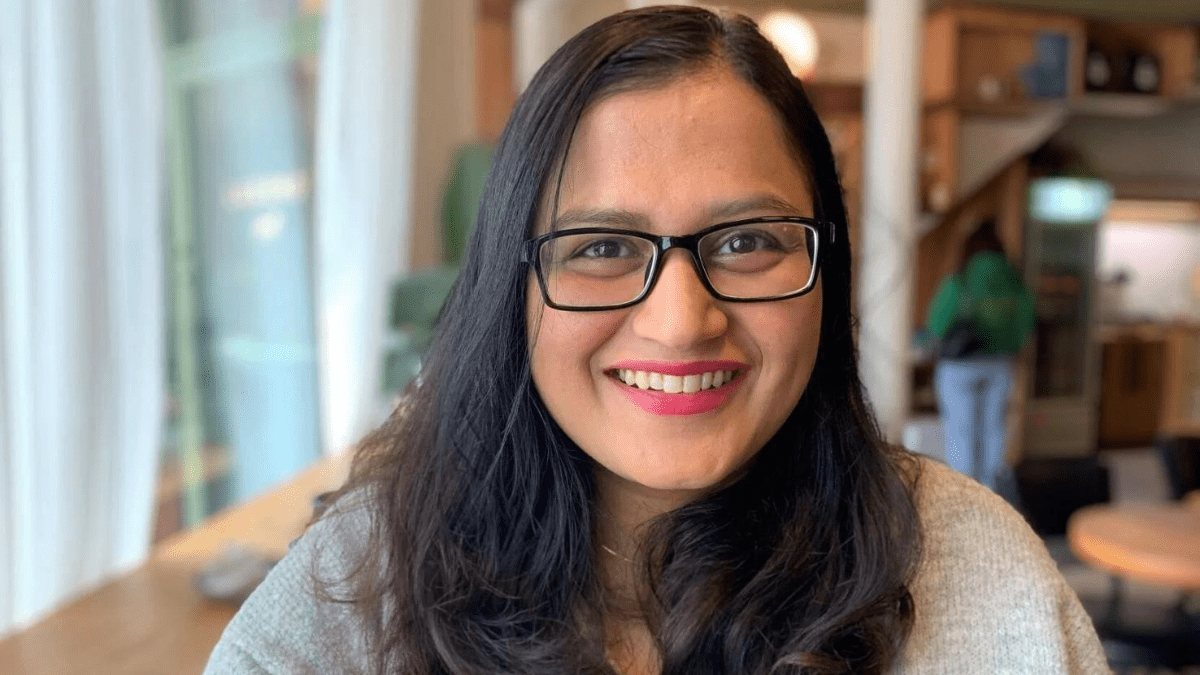Neha Juwale was living alone and 15,000 miles away from her family in India when the tragic news arrived.
The pain after her grandmother’s passing was exacerbated by pandemic shutdowns.
Juwale stated, “We couldn’t travel to India,” in a downtown Kitchener interview. “
Her mental health suffered as a result of her bereavement, social isolation, a two-hour transport trip from her Kitchener flat to her Conestoga Mall workplace, rent, tuition, assignments, and the winter climate. Juwale entered therapy when she lost interest in the activities she had formerly enjoyed.
I came to understand its significance after a few treatment sessions,” stated Juwale.
She also discovered that there is a lack of honest conversation about mental health among people without shame or stigma.
“If not, you have to translate it from your language into English inside your head before you can answer,” Juwale replied. “That can prevent people from reaching out for support.”
She created the web resource bookmytherapy.ca, which rapidly links South Asians in Ontario with therapists or counsellors who speak the same native language, with a small grant from the Conestoga College entrepreneurial programme. English is a common language among Indians and was the official language of the British colonial era.
She got a bachelor’s degree in business from a university in Mumbai. After almost five years, Juwale is now considered a permanent resident. According to her, many immigrants’ mental health may suffer as a result of that voyage and the numerous adaptations needed.
According to Juwale, the reality of college life in Canada differs greatly from the portrayal of it in Indian popular culture, and some people find it necessary to have a conversation about this.
In popular culture, luxurious automobiles are driven by attractive people on silky roads, and shiny new infrastructure surrounds the cities. The truth is, more often than not, gruelling commutes in subzero temperatures, rent that is higher than in Mumbai, and occasionally a severe estrangement from loved ones who live halfway across the globe.
Juwale, who was drinking late-morning coffee, looked at the time and remarked, “I might have some really good news that I am happy to share, but I have to wait to call.”
Together with her younger sister, who lives in Mumbai, they developed the platform that links immigrants in this city with licenced psychotherapists or counsellors whose native tongues are Mandarin, Bengali, Punjabi, Gujarati, Urdu, Hindi, Tamil, and Bengali.
She put the project on hold while she established a user base there, but she plans to include therapists from Pakistan, the Philippines, and other countries in the future.
